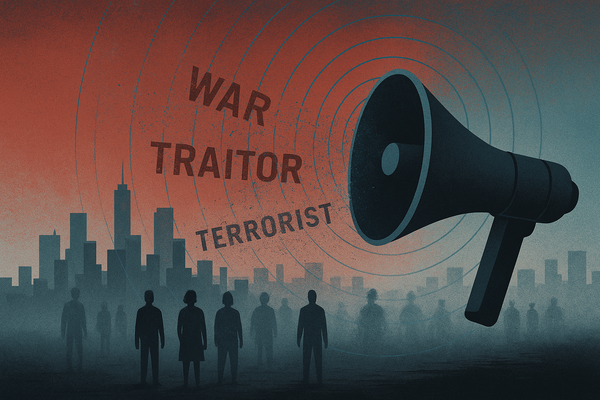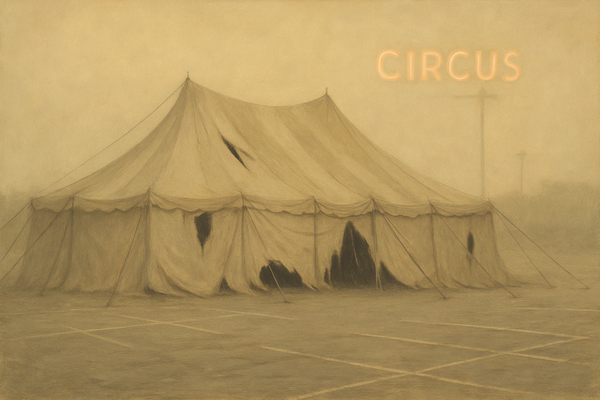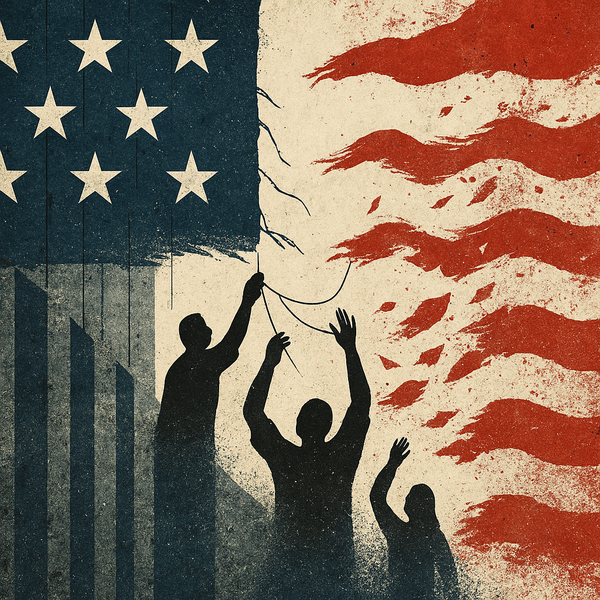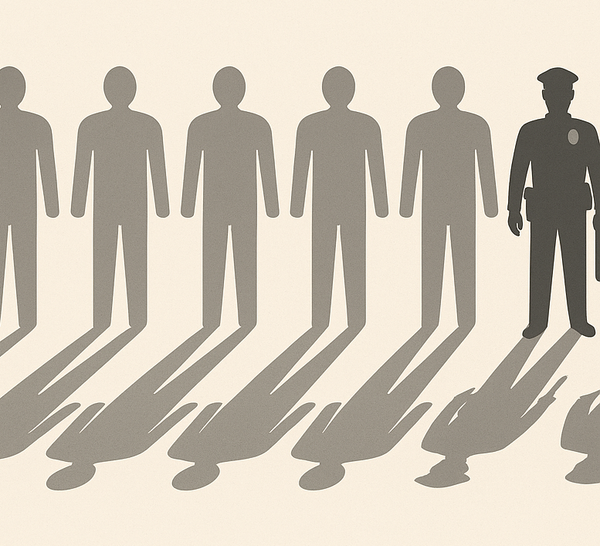You Can’t Fix What You Won’t Look At
We love the idea of healing.
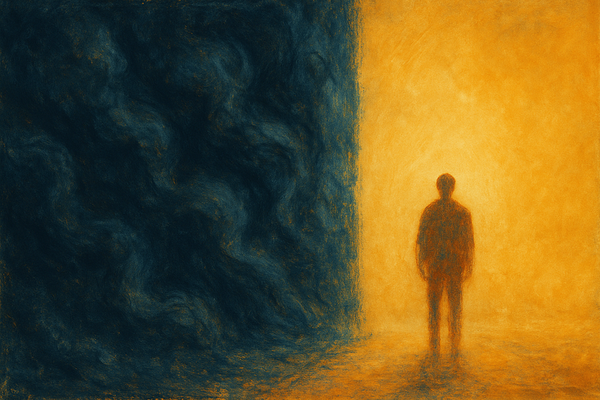
We love the idea of healing.
We just don’t want to do the part where we admit anything was broken.
That’s the quiet contradiction at the center of a lot of American politics — and a lot of American culture. We’re big on moving on, turning the page, “not dwelling.” But what happens when the wound is still open and we’ve already decided to pretend it’s not there?
Denial Is Not Neutral
We act like looking away is a form of maturity. That focusing on the positive is a sign of progress. But there’s a difference between optimism and avoidance. And right now, too much of our national conversation lives in the latter.
Whether it’s racism, income inequality, climate, or even the threat to democratic norms — there’s a whole lot of “let’s not get political” floating around in contexts where politics are already shaping who lives and who suffers.
You don’t get to opt out of reality just because it’s uncomfortable.
The Comfort of Not Knowing
We’ve built whole media ecosystems — and personal bubbles — around never having to look directly at the pain of others. Newsfeeds that filter out empathy. Timelines that reward distraction. A culture of “don’t make it awkward.”
But discomfort is where the work begins. If you’re not willing to be uncomfortable, you’re not ready to participate in change.
Good Intentions Aren’t Enough
“I didn’t mean to” doesn’t fix harm. “That’s not who we are” doesn’t change systems.
If the system does something — then yes, that’s who we are. Until we change it.
Refusing to name the problems, or softening them into abstractions, doesn’t protect anyone. It just keeps the people already hurting in the same spot.
Accountability Is Not the Opposite of Unity
This is a big one. A lot of people treat accountability like it’s some wedge we should avoid for the sake of national cohesion. But real unity isn’t forged by ignoring pain. It’s forged by facing it — together.
You want trust? You want solidarity? Then stop gaslighting the people who’ve been carrying the burden the longest.
What Facing It Really Means
Looking at the hard stuff doesn’t mean you hate your country. It means you care enough to make it better — for everyone.
It means you’re willing to read the full story, not just the inspirational summary. It means you listen more than you defend. It means you sit with discomfort long enough to understand where it comes from — and why it’s deserved.
You can’t fix what you won’t look at.
So maybe it’s time we finally opened our eyes.
